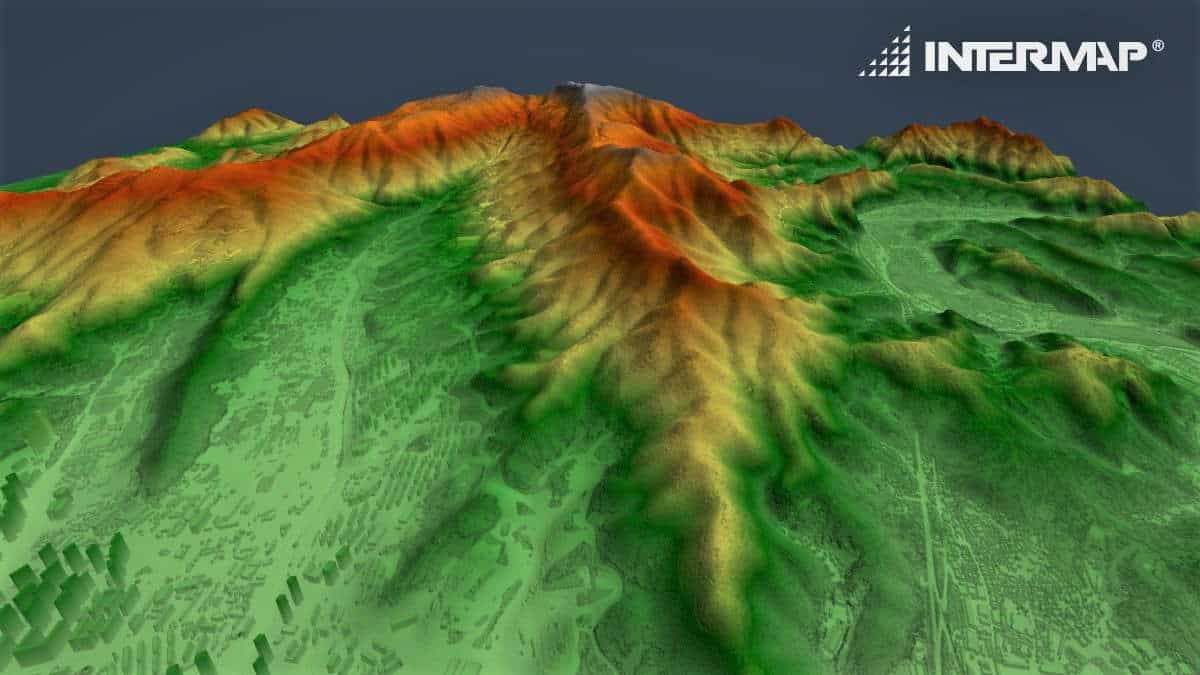

The number of BC car crashes has increased. Is it related to the new speed limit?
A new study finds that recent increases to speed limits on rural BC roads have produced significantly more serious car crashes often resulting in severe injury and death.
The study from the Department of Engineering at the University of British Columbia found that since the provincial government upped speed limits by ten and sometimes 20 km/h on select roads and highways in 2014, there has been an 11 per cent increase in serious crashes, a result the authors find unsurprising considering the wealth of international research already showing a direct link between maximum road speeds and serious car accidents.
“The results are consistent with similar studies conducted worldwide in showing an increase in fatality-plus- injury crash frequency after raising the speed limit,” say the study’s authors, whose research is published in the journal Accident Analysis and Prevention.
In 2013, BC’s Ministry of Transportation and Infrastructure conducted a speed limits review at over 300 locales covering 9,100 km of provincial highways and found that average speeds of motorists were often 10 km/h higher than posted limits, even as serious road accidents were on the decline going back to 2003.
The increases in speed limits on rural roads came as a direct response to the review’s findings, said Transportation Minister Todd Stone, who at the time referenced the thoroughness of the technical review process and the province’s overriding concern for public safety on BC highways.
Yet studies over the years have shown that increasing speed limits directly results in more injury and death. In 1995, the United States Congress repealed its National Maximum Speed Law, lifting the imposed 55 mph (90 km/h) maximum speed and opening the door for states to set their own limits. Since then, studies have consistently shown that the states which raised their speed limits saw increases in motor vehicle deaths and serious accidents, with one study finding that increasing limits to 65 mph (105 km/h) produced a 3.3 per cent increase in total crashes and a whopping 28 per cent increase in fatal injury crashes. Another study concluded that in the years between 1995 and 2013, increases in speed limits were responsible for an estimated 33,000 more traffic fatalities.
The new research comes on the heels of a June report from BC’s Ministry of Transportation and Infrastructure revealing that crash rates were up on 14 of the 33 highway sections that saw their maximum speeds raised in 2014. In response, the province has signaled plans to put in place better safety features such as improved signage and rumble strips on some highways and to pull back speed limits on two sections of road, Highway 1 from Hope to Cache Creek and Highway 5A from Princeton to Merritt.
Elsewhere in Canada, Toronto City Council has approved a five-year road safety plan that includes propositions to reduce speed limits on some streets in the downtown core and to better enforce current limits in school and construction zones. Last year Toronto hit a 10-year high with 65 traffic-related fatalities.
Comment
One thought on “BC car crashes up 11% since the province raised highway speed limits: study”
Leave a Reply
You must be logged in to post a comment.



 Share
Share Tweet
Tweet Share
Share




Jayson, I can’t imagine why it makes sense to publish an opinion piece like this on a site presumably populated by people who are not interested in conjecture. Notwithstanding your article is laden with inaccuracies beginning with the statement that higher speed limits on certain BC highways have “produced significantly more” serious crashes, you conveniently ignore this statement right out of the study: “Highway 5, the Coquihalla, where the speed limit was raised to 120 km/h had the lowest rate in 10 years of 0.16 collisions per million vehicle kilometres travelled. 7 segments saw an increase in collision rate despite also having a decrease in 85th percentile speed. Only 7 of 33 segments had an increase in 85th percentile speed and an increase in collision rate.”